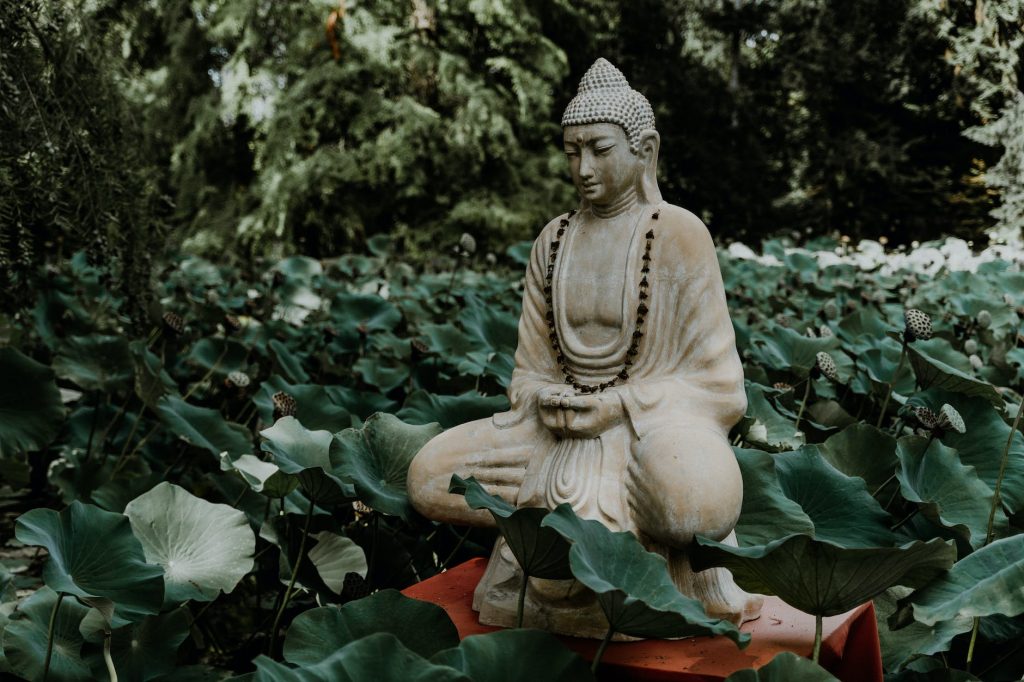Let me ask you a question. (This is Neil asking, by the way.) Do you have a personal philosophy? Or have you more or less accepted a series of beliefs and ways of being that have been handed down to you through your family, culture, and geographical area?
If you said yes to the latter question, this is what Don Miguel Ruiz calls ‘domestication’ in his book “The Four Agreements.”
Domestication refers to the process by which we are conditioned by society and culture to adopt certain beliefs, behaviours, and values. These beliefs and behaviours may not align with our true nature and can cause us to live in a state of unhappiness and unfulfillment. (An example would be living our parents’ version of their life dreams and expectations.)
To break free from domestication, Ruiz suggests that we become aware of the beliefs and expectations that have been imposed upon us and question their validity. Here are some practical steps to break free from domestication:
- Question your beliefs: Take a step back and ask yourself why you believe what you do. Are these beliefs based on your own experiences and observations, or have they been passed down to you from others? Are they serving you well or hindering your growth and happiness?
- Challenge societal norms: Society often imposes certain norms and expectations on us, such as the idea that success is measured by material possessions or that we need to look a certain way to be accepted. It’s important to question these norms and determine if they align with your personal values and goals.
- Practice self-awareness: Pay attention to your thoughts, emotions, and behaviours. Notice when you are acting out of habit or conditioning rather than your authentic self. When you become aware of these patterns, you can begin to break free from them.
- Be willing to take risks: Breaking free from domestication can be scary, as it often requires us to step outside of our comfort zones and take risks. However, it is only by taking these risks that we can grow and become our true selves.
Breaking free from domestication is a process that requires time, patience, and self-reflection. By questioning our beliefs and societal norms and practicing self-awareness and courage, we can begin to live a more authentic and fulfilling life…. Which – surprise, surprise! – are also the same steps needed to develop your own personal philosophy.
Why I Think Everyone Should Develop a Personal Philosophy
Developing a personal philosophy can help you find greater meaning and purpose in your life while possibly providing you with clarity and direction. A personal philosophy can also help you stay focused on your goals.
Here are five reasons why everyone should develop a personal philosophy:

- It gives you a sense of purpose: A personal philosophy can help you define what is important to you and give you a sense of purpose. It can help you identify your goals and priorities and give you the motivation to work toward them.
- It helps you make decisions: When you have a clear set of values and principles, you can use them to make decisions that align with your goals and priorities. You are less likely to be swayed by external factors or peer pressure and more likely to make decisions that are true to yourself.
- It builds resilience: Life can be unpredictable and challenging. Having a personal philosophy can help you navigate difficult times by providing a sense of stability and direction. It can also help you stay focused on your goals and remain resilient in the face of adversity.
- It enhances self-awareness: Developing a personal philosophy requires introspection and self-reflection. This process can help you gain a deeper understanding of yourself, your values, and your beliefs. It can also help you identify areas where you want to grow and improve.
- It encourages personal growth: A personal philosophy can help you identify your strengths and weaknesses and create a roadmap for personal growth. By setting goals that align with your values and principles, you can work towards becoming the best version of yourself.
I was gifted with the concept and formation of the philosophy of the Shin Dao in 2010 and have been truly blessed to have Tina join me in rounding out the depth of the overall philosophy. Tina was paramount in the co-development of the 12 tenets (principles for living a joyful life).
To further share the Shin Dao philosophy, I was called/drawn/compelled to write the “Warrior’s Heart” trilogy. This series of books is me sharing my personal philosophy through the adventures of Graham and Master Akio.
In my upcoming novel, “Alchemy of the Heart: Shavon Sun Cloud,” I once again weave the philosophy of the Shin Dao into the essence of the story.
If you don’t have a clear personal philosophy, I invite you to investigate and potentially adopt the Shin Dao philosophy as your own. You’ll find the Shin Dao:
- is non-religious, yet allows for a beautiful spiritual path
- has no guru – you are your own sage (wise one)
- provides simple, effective guidelines for living your life
- comes with a supportive community
- leads to a fulfilling, purposeful life
- brings more joy into your life
If you have any questions at all, Tina and I would love to hear from you. You can call us at 403-285-5266 or write to us at info@shindao.com .
Here’s to living a fulfilling, joyous, purposeful life!

Leave a Reply